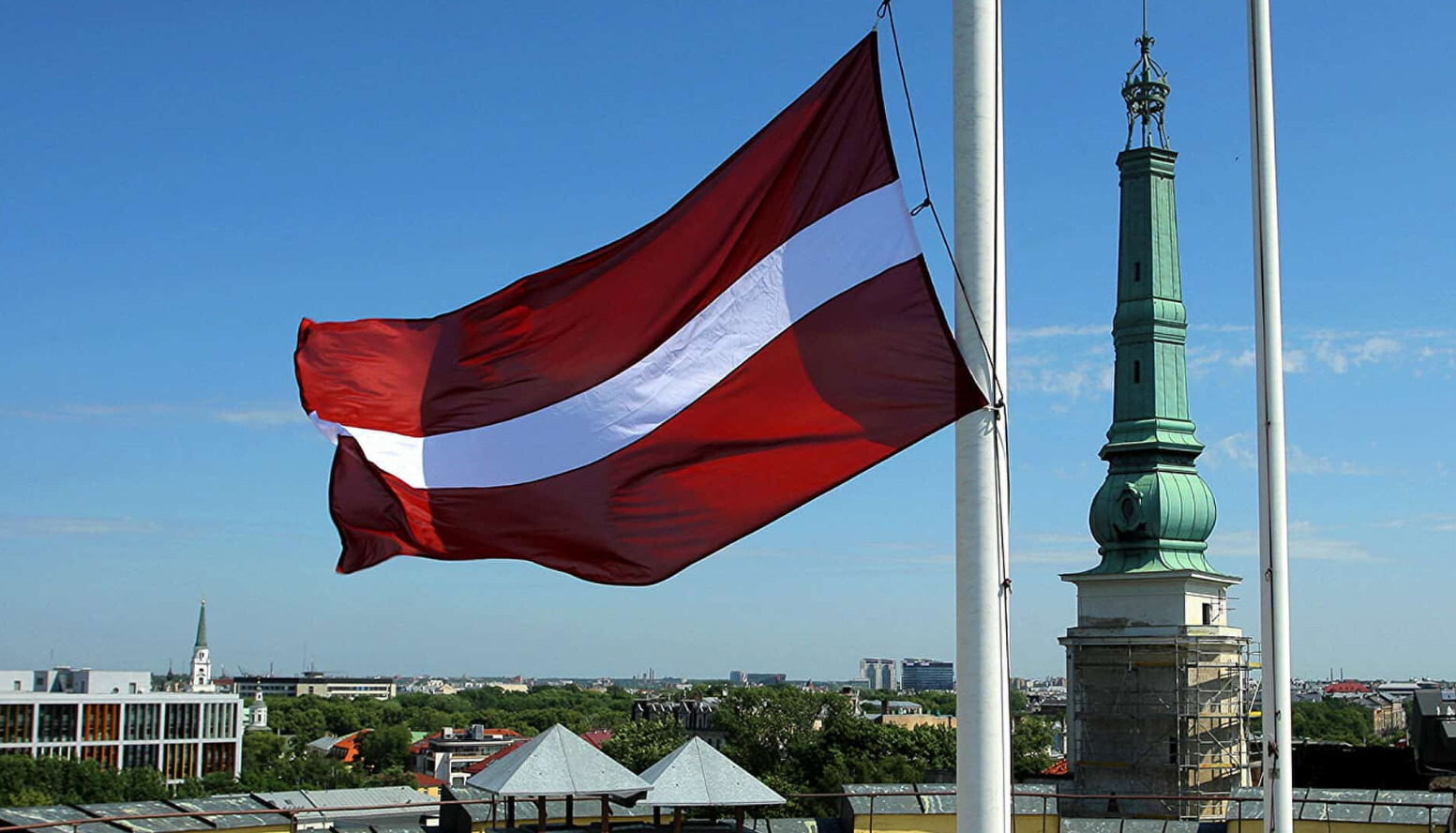Latvia is the first in the EU to ban imports of agricultural products from Russia and Belarus

The Latvian Saeima has approved in the final reading amendments to the law on agriculture and rural development that ban imports of agricultural products from Russia and Belarus.
According to the amendments developed by several ministries, imports of Russian and Belarusian agricultural and feed products from third countries are also banned.
The ban will be in effect until July 1, 2025, but may be extended if necessary.
The annotation to the amendments emphasizes that Latvia, as a state bordering Russia, seeks to “sever economic ties with Russia as soon as possible to protect its security” and that “Latvia’s initiative is an additional element of the European Union’s overall sanctions policy.”
The Latvian Cabinet of Ministers will approve rules that will list specific agricultural products and feed that are prohibited from being imported into Latvia.
According to the Latvian State Revenue Service, last year, imports of grain products from Russia amounted to 423.73 thousand tons, which is 59.9% more than in 2022. Their value amounted to 89.01 million euros (an increase of 11.7%).
In particular, Russia supplied 294.84 thsd tonnes of corn, 53.24 thsd tonnes of rye, 74.64 thsd tonnes of wheat and a mixture of wheat and rye, 986 thsd tonnes of triticale and 20 thsd tonnes of barley.
Compared to 2022, corn imports doubled, rye imports increased by 61.5%, while wheat and wheat/rye mix imports decreased by 10.2% and triticale imports by 87.9%. No barley was imported in 2022.
In 2023, 2.14 million tons of grain products were transited from Russia through Latvia, which is 2.2 times more than a year earlier, including 1.68 million tons of wheat and a mixture of wheat and rye (more than doubled), 289.17 thousand tons of corn (up 87%), 109.61 thousand tons of tons of barley (up 730 times), 51.07 thousand tons of rye (up 27%), 4.33 thousand tons of triticale (down 72.7%), 2.14 thousand tons of oats (up 10 times), 878 tons of rice (down 30%) and 157 tons of grain sorghum (up 2%).
Read also
Wheat in Southern Brazil Impacted by Dry Weather and Frosts
Oilseed Industry. Leaders and Strategies in the Times of a Great Change
Black Sea & Danube Region: Oilseed and Vegoil Markets Within Ongoing Transfor...
Serbia. The drought will cause extremely high losses for farmers this year
2023/24 Safrinha Corn in Brazil 91% Harvested
Write to us
Our manager will contact you soon



